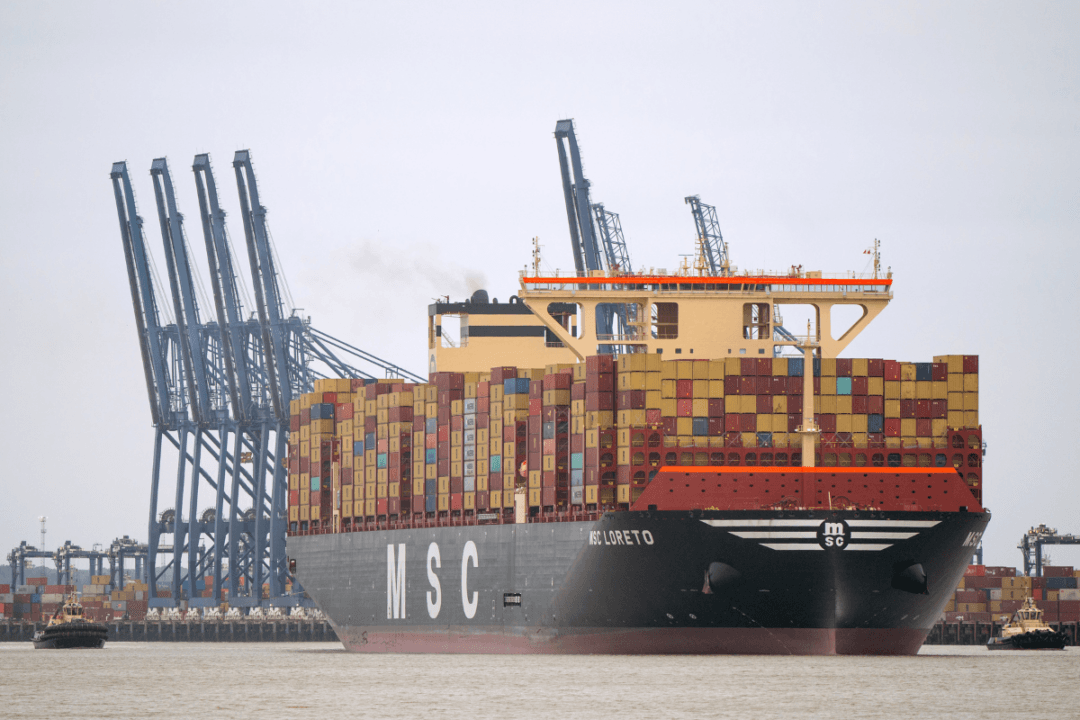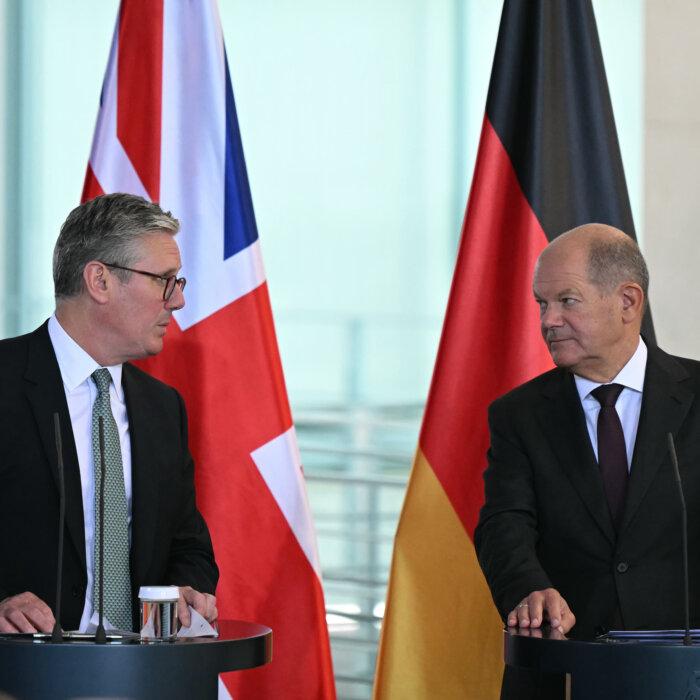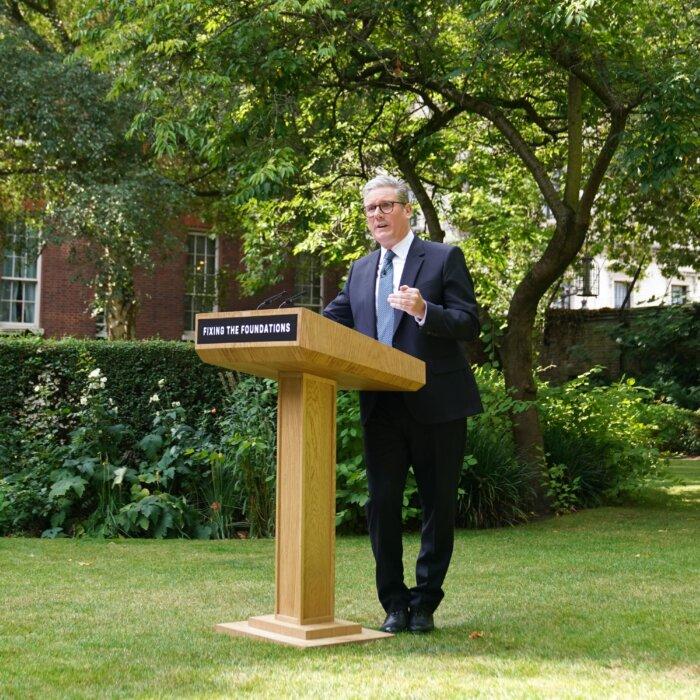The UK will join the Comprehensive and Progressive Agreement for Trans-Pacific Partnership (CPTPP) by Dec. 15, the Department for Business and Trade confirmed on Thursday.
The announcement comes after Peru became the sixth and final CPTPP member needed to ratify the UK’s application, after Chile, Japan, New Zealand, Singapore, and Vietnam had backed the deal.
The department said it is continuing to work closely with the other five members—Australia, Brunei, Canada, Malaysia, and Mexico—which are in the process of ratifying the deal.
Minister of State for Trade Policy Douglas Alexander said, “This is good news for UK businesses, who are now one step closer to being able to take advantage of the opportunities our membership of CPTPP will bring.”
“We’re extremely grateful to all the CPTPP partners that have already ratified our accession—Japan, Singapore, Chile, New Zealand, Vietnam and now Peru—and look forward to more doing so over the coming months,” Alexander added.
CPTPP is a free trade area spanning five continents with a combined market of almost 600 million people.
The UK is the first European country to become a member and the first to join since it was established in 2018.
‘Brexit Success Story’
Sir Simon Clarke, the former Conservative chief secretary to the Treasury, hailed the news as “an important Brexit success story.”It represents what the previous Conservative government called the “biggest trade deal since Brexit” and a big boost for British businesses, with exporters of goods including key British products like chocolate, machinery, gin, and whisky set to benefit.
Officials had previously said that dairy producers will gain better export opportunities to Canada, Chile, Mexico, and Japan.
Some items from the bloc’s members will in turn become cheaper for British consumers, including produce like kiwis from New Zealand and blueberries from Chile as well as maple syrup from Canada.
Relations ‘Reset’ with EU
The announcement comes as Prime Minister Sir Keir Starmer is on a European tour to “reset” relations with the EU, which the UK formally left in 2020 after voting to leave the bloc in 2016.On Wednesday, Starmer met with German Chancellor Olaf Scholz to discuss a new treaty between the two nations, which the prime minister said would result in “deeper links on science, technology, development, people, business, culture” and “a boost to [the UK’s] trading relations.”
Starmer said: “Britain can advance its interests much more effectively when we work with friends and partners.
“This treaty is part of a wider reset, grounded in a new spirit of cooperation with our shared understanding that this will be developed at pace, and that we hope to have agreed it by the end of the year.”
The prime minister said his hopes for a “wider reset” with the EU did not mean “reversing Brexit or re-entering the single market or the customs union.”







